The courtroom has always served as a captivating location for a movie; it's a paralegal battleground of wits and tension, providing the perfect backdrop for the exploration of the human condition's complexities. For decades, it has served as the setting for some of our most popular scripted and reality television programs; Judge Judy and Law & Order come to mind.
Over the years, numerous filmmakers have drawn inspiration from real-life court cases, creating compelling narratives that both entertain and enlighten. Here are twenty courtroom movies and the real-life court cases that inspired them.
20 A Few Good Men (1992)
A Few Good Men is a 1992 legal drama directed by Rob Reiner, based on the play of the same name by Aaron Sorkin. The film stars Tom Cruise as Lieutenant Daniel Kaffee, a green but ambitious military lawyer who is assigned wtih defending two U.S. Marines accused of murderi while stationed at Guantánamo Bay. The accused Marines claimed they were only following orders from their superior, Colonel Nathan Jessup (Jack Nicholson).
Although A Few Good Men is primarily fiction, it was heavily inspired by a similar case that involved one William Alvarado, who had written a letter to his congressmen about the poor living conditions on his base in the hopes of getting a transfer. When Colonel Samuel Adams - commanding officer of the base - caught wind of the letter, he refused Alvarado’s request. Marine David Cox and nine other men then orchestrated a “Code Red” against Alvarado, whereby they restrained him, stuffed a pillowcase in his mouth, and brutally assaulted him. He survived the attack but pressed charges; seven of the ten participants were dishonorably discharged. But David Cox decided to defend himself in court, which served as the inspiration for the trial in the film.
19 Inherit the Wind (1960)
Inherit the Wind is a 1960 courtroom drama directed by Stanley Kramer, based on the play of the same name by Jerome Lawrence and Robert E. Lee. The film draws heavily from the famous Scopes Monkey Trial of 1925 - aka The State of Tennessee v. John Thomas Scopes. Although it is not a direct reenactment, the movie serves as a commentary on the broader themes and ideas that emerged from that landmark trial.
John T. Scopes was a science teacher who taught the theory of evolution in his classroom. At the time, Tennessee had the Butler Act in place, which prohibited the teaching of any theory that denied the biblical account of human creation. When Scopes was found in violation of the Act, the case went to the Supreme Court. It quickly gained significant attention in the press, as it directly questioned the place of religion in the classroom.
18 Just Mercy
Just Mercy is a 2019 legal drama directed by Destin Daniel Cretton, based on the memoir of the same name by lawyer Bryan Stevenson. In the film, Michael B. Jordan plays Stevenson during the early years of his legal career circa 1987, and details his efforts to defend and eventually exonerate Walter McMillian (Jamie Foxx), an African American man from Alabama wrongly sentenced to death for the murder of a white woman.
Stevenson served as the lead attorney in the case, and worked tirelessly to dispute the faulty and insufficient evidence, falsified and racist testimonies, and sheer misconduct of the officers involved. After years of lengthy legal battles, McMillian’s conviction was overturned in 1993, and he was released from death row.
17 Erin Brockovich
Erin Brockovich is a biographical legal drama directed by Steven Soderbergh and starring Julia Roberts in the titular role, for which she won an Oscar for Best Actress.
The film is based on the true story of Erin Brockovich, a legal clerk and single-mother who played a crucial role in a groundbreaking environmental lawsuit against the Pacific Gas and Electric Company (PG&E), who was found to be illegally dumping toxic chemicals in the ground of Hinkley, California. For decades, residents of the town had suffered from a wide range of maladies - including cancer - as a result of the corporation's actions.
Brockovich worked closely with attorney Ed Masry (Albert Finney in the film) to bring the case to trial, and after several years of hard work and determination, PG&E agreed to pay $333 million in damages to the affected residents of Hinkley. The case transformed environmental law and set a new precedent for holding corporations accountable for their actions.
16 Amistad
Amistad, Steven Spielberg’s historical courtroom drama, recounts the true story of the 1839 Amistad slave ship revolt, whereby enslaved Africans en-route to Cuba overpowered the crew and took control of the ship. Rather than returning to Africa as planned, the slaves landed in the United States, where they were captured and held as prisoners.
The film centers around the legal case that transpires as a result; the slaves are tried for murder and piracy, but their defense attorney Roger Baldwin (Matthew McConaughey) argues they were illegally imprisoned in the first place, and are entitled to their freedom. The case eventually went to the Supreme Court, where the court ruled in favor of the African slaves in a landmark decision, confirming they are entitled to their freedom. The ruling shaped public opinion regarding the abolitionist movement, and was viewed as a major step forward in the fight for freedom.
15 The Insider
The Insider is a corporate legal thriller directed by Michael Mann. Although it doesn’t directly address a specific court case, the movie is a mostly-accurate account of tobacco-executive-turned-whistleblower Jeffrey Wigand’s attempts to expose the unethical practices of Brown & Williamson, one of the largest tobacco companies in the industry.
Wigand - played here by Russell Crowe - was a research scientist at Brown & Williamson who discovered they were illegally adding harmful chemicals to their cigarettes as a means of boosting the "effectiveness" of their cigarettes. Despite legal retaliation and death threats, Wigand appeared on 60 Minutes with Lowell Bergman (portrayed by Al Pacino in the film) to expose the company’s actions.
14 Judgment at Nuremberg
Following the success of Inherit the Wind, director Stanley Kramer returned to the courtroom for his next movie, Judgment at Nuremberg. The film depicts the Nuremberg Trials that took place in the aftermath of World War II, whereby Nazi criminals were imprisoned and forced to stand trial for their many atrocities. Although the Nuremberg Trials were real, the trials explored in the film are fictional.
The film centers on the trial of four German judges accused of complicity in Nazi war crimes, and questions whether they should be held accountable for their awful actions. It explores the banality of evil, and raises some thought-provoking questions about individual accountability and the ability to hold onto one’s moral values under an immoral and authoritative government.
13 Conviction
Conviction is a 2010 courtroom drama directed by Tony Goldwyn, based on the true story of Betty Anne Waters and her relentless efforts to prove her brother Kenny innocent of a murder he didn’t commit.
In 1983, Kenneth Waters (played in the film by Sam Rockwell) was accused of murdering Katherina Brow and subsequently arrested. His sister, Betty Anne (a powerful Hilary Swank), dedicated her life to proving his innocence. Despite doubts from others, Betty started her own investigation and even obtained her law degree. After years of research, Betty uncovered new DNA evidence that proved Kenny’s innocence. With the help of the Innocence Project, Betty was successful in overturning her brother’s conviction.
After spending 18 unjust years in prison, Kenny was finally released in 2001. But in a heartbreaking twist of fate, he sadly passed away six months later in a tragic accident. He was only forty-seven years old.
12 Marshall
Marshall is a 2017 biographical legal drama starring the late, great Chadwick Boseman as Thurgood Marshall, the lawyer and civil rights activist who would eventually go on to become the first African American Supreme Court Justice in the United States.
Set in 1941, Boseman plays Marshall in the early years of his storied career. The film focuses specifically on an early case involving Joseph Spell (played in the film by Sterling K. Brown), an African American man accused of raping Eleanor Strubing (Kate Hudson), a wealthy white woman. Marshall, working as an attorney for the NAACP at the time, is sent to defend Spell. However, due to racist laws in Connecticut where the trial took place, Marshall was not allowed to speak in court, and was forced to team up with attorney Sam Friendman (Josh Gad) to effectively defend his client.
Despite these unfair obstacles, Marshall and Friendman were able to convince the jury of Spell’s innocence and have him released.
11 A Civil Action
A Civil Action a 1998 legal drama directed by Steven Zaillian, based on the non-fiction book of the same name by Jonathan Harr. The movie tells the story of Jan Schlichtmann (played by John Travolta), a personal injury lawyer who takes on a case involving two large corporations accused of contaminating the water supply of Woburn, Massachusetts, which allegedly caused the deaths of several children from leukemia.
The real-life court case that inspired A Civil Action was Anderson v. Cryovac Inc, which took place in the 1980s. In the actual case, a group of families from Woburn filed a lawsuit against Cryovac and Beatrice Foods, alleging that the companies' toxic waste disposal had contaminated the local water supply and caused illnesses, including cancer, among the residents. Schlictmann and his firm stepped up to defend them.
Although the ending of the film differs from the reality of the case, A Civil Action is still an effective exploration of the flawed American justice system, especially when it comes to small towns and big corporations.
10 Dark Waters
Dark Waters is a 2019 legal thriller based on the true story of Robert Bilott and his legal battle against the DuPont chemical company.
Mark Ruffalo plays Bilott, a corporate defense attorney approached by West-Virginian farmer Wilbur Tennant (Bill Camp), whose livestock have been suffering from mysterious and sometimes fatal health problems, which he claims is due to chemical contamination from a nearby DuPont-operated landfill. As Bilott investigates further, he uncovers evidence of widespread contamination caused by a chemical known as PFOA (perfluorooctanoic acid), a byproduct of Teflon production.
Despite intense opposition from DuPont, Bilott spent years fighting in and out of court, overcoming legal hurdles, corporate manipulation, and personal threats. His efforts eventually paid off, as he exposed the hidden dangers of PFOA and forced DuPont to spend millions in payouts to affected residents and clean-up efforts.
9 The Hurricane
The Hurricane is a biographical sports drama based on the life of Rubin “Hurricane” Carter, a professional boxer who was wrongfully convicted of a triple murder. Denzel Washington stars as the middleweight boxer whose career is abruptly halted.
In 1966, Carter was accused of shooting three people at the Lafayette Bar and Grill in Paterson, New Jersey. The case against him was primarily built on questionable eyewitness testimonies, and Carter maintained his innocence throughout the legal proceedings. After a highly publicized trial, Carter was found guilty and sentenced to life in prison. However, the case attracted significant attention and raised concerns over potential racial bias and flawed evidence. Numerous appeals were made over the years, thanks in part to the efforts of a Canadian activist group and a young man named Lesra (played by Vicellous Reon Shannon).
In 1985, Carter's convictions were finally overturned; after twenty years in prison, he was finally freed.
8 Loving
Directed by Jeff Nichols, Loving follows Richard and Mildred Loving (Joel Edgerton and Ruth Negga), an interracial married couple living in late-1950s Virginia whose union is banned under the Racial Integrity Act. Despite police harassment, death threats from the community, and the possibility of imprisonment, the couple fought hard to challenge the laws that disavowed their right to love one another.
The film is based on the landmark 1967 Supreme Court case Loving v. Virginia, which challenged the legality of interracial marriage bans across the country. In a groundbreaking unanimous decision, the Court sided with the Lovings, declaring that any laws prohibiting interracial marriage were unconstitutional.
7 The Trial of the Chicago 7
The Trial of the Chicago 7 is a legal drama written and directed by Aaron Sorkin, based on the trial of seven activists charged with incitement and conspiracy to riot during the Vietnam protests at the 1968 Democratic National Convention in Chicago.
The courtroom battle that serves as the film’s backbone is United States v. Dellinger et al. The aforementioned Chicago Seven - brought to life by a stunning cast of actors, including Sacha Baron Cohen, Jeremy Strong, and Eddie Redmayne - became the focal point of a politically-charged trial that tackled free speech, the limits of activism, and police brutality.
Though Sorkin - known for his stylized dialogue and tone - takes some liberties with the source material, his film is an entertaining look at a pivotal moment in recent American history.
6 In the Name of the Father
In the Name of the Father is a biographical drama based on the true story of the “Guildford Four,” a group of individuals who in 1975 were wrongfully convicted of terrorist bombings that left several people dead. Daniel Day-Lewis gives an incredible performance as Gerry Conlon, one of the four men charged and eventually sentenced to life in prison for the attacks.
It wasn’t until 1989 - nearly 15 years after their conviction - that their cases were overturned, and the men released from prison. Later investigations revealed extensive police corruption and signs of evidence suppression, proving Conlon and the others' innocence.
5 Reversal of Fortune
Reversal of Fortune is based on the true story of Claus von Bülow (played by Jeremy Irons), a British socialite who is accused of attempting to murder his wife, Sunny von Bülow (Glenn Close), after she mysteriously fell into a coma due to a suspected insulin overdose. The case became nothing short of a media sensation, thanks to the involvement of high-profile celebrities.
Alan Dershowitz (played by Ron Silver), a renowned defense attorney who would later write the book upon which this movie is based, took on Claus's case. He defended Claus and argued Sunny's condition was the result of a pre-existing medical condition or a drug overdose - not deliberate poisoning. But it was to no avail - Claus was convicted in 1982 for attempted murder.
However, the case was immediately repealed, and Claus's conviction was reversed in 1985 due to issues of improper evidence and jury bias.
4 On the Basis of Sex
On the Basis of Sex, Mimi Leder’s biographical legal drama, tells the true story of Ruth Bader Ginsburg (played in the film by Felicity Jones), the renowned lawyer and eventual Supreme Court Justice during the early years of her career fighting on behalf of gender equality.
The case at heart of the film was Moritz v. Commissioner of Internal Revenue. Charlies Moritz was denied a tax deduction for the caregiver expenses he incurred while caring for his elderly mother because he was a man. Ruth, along with her husband Martin, took on the case, seeing it as an opportunity to challenge the gender bias embedded in America’s legal system. The Court of Appeals would unanimously rule in Moritz’s favor.
3 Find Me Guilty
Find Me Guilty is a courtroom dramedy directed by Sidney Lumet. Vin Diesel gives a larger-than-life performance as real-life mobster Jackie DiNorscio, who finds himself on trial with other members of the Lucchese crime family for charges ranging from racketeering to murder.
The film is based on The United States v. Anthony Accetturo et al, a RICO trial which took place in the 1980s and holds the record for the longest Mafia trial in U.S. history. Jackie, known for his colorful personality and refusal to cooperate, chose to defend himself during the trial, despite a total lack of legal knowledge. Proceedings attracted significant media attention and lasted 21 months, making it the longest Mafia trial in U.S. history.
As many anticipated, Jackie ended up serving time - 17 and a half years, to be exact. He would eventually be paroled in 2002, but died in November 2004, just as the movie being made about his life wrapped production.
2 Anatomy of a Murder
Anatomy of a Murder - Otto Preminger’s critically-acclaimed 1959 courtroom drama starring James Stewart and Lee Remick - is based on a novel written by Robert Traver, which is a pseudonym for John D. Voelker, a lawyer and former Michigan Supreme Court justice. Although the movie isn’t explicitly based on a real case, it was heavily inspired by one particular case from his storied career.
That case was The People v. Peterson, a 1952 trial that involved Army Lieutenant Coleman Peterson, who was accused of murdering a local bartender named Maurice Chenoweth over the alleged rape of Peterson's wife. Voelker served as a defense attorney on the trial, and drew from that experience when crafting the case at the heart of the book.
1 To Kill a Mockingbird
To Kill a Mockingbird, the classic film adaptation of the classic American novel, stars Gregory Peck as Atticus Finch, an attorney who defends Tom Robinson, a black man falsely accused of raping a white woman. Atticus faces significant backlash from residents of the community of Honeycomb, Alabama, but nevertheless strives to uncover the truth and free Robinson. Despite his efforts, Robinson is found guilty by the all-white jury and sentenced to prison. He is later shot dead in his attempt to escape.
Although Harper Lee has stated To Kill a Mockingbird was a work of fiction, she did draw heavily from her real life. Atticus Finch was based on her own father, Amasa Coleman Lee, who was a newspaper editor and lawyer. The case at the heart of the novel (and movie) is believed to be inspired by the 1933 trial of Walter Lett, an African American man accused of rape by a white woman in Lee’s hometown of Monroeville, Alabama. Lett was found guilty by an all-white jury and sentenced to death. However, his sentence was commuted by the governor due to a lack of evidence. Still, the stress of the trial took its toll on Lett, and he wound up in a mental institution, where he succumbed to tuberculosis three years later.

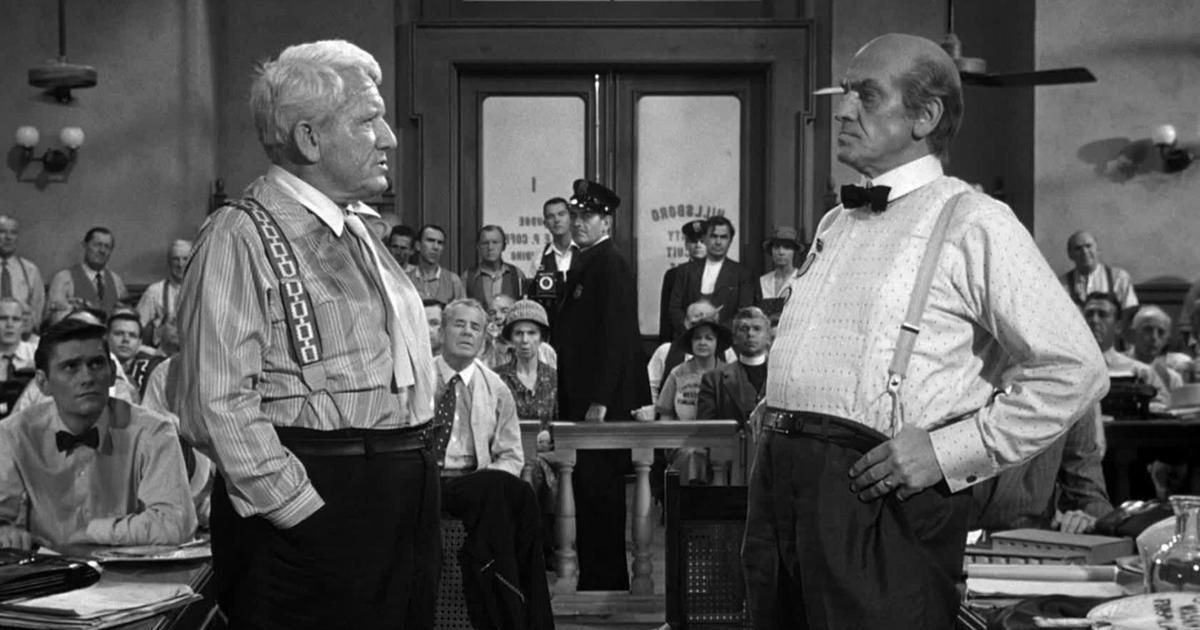
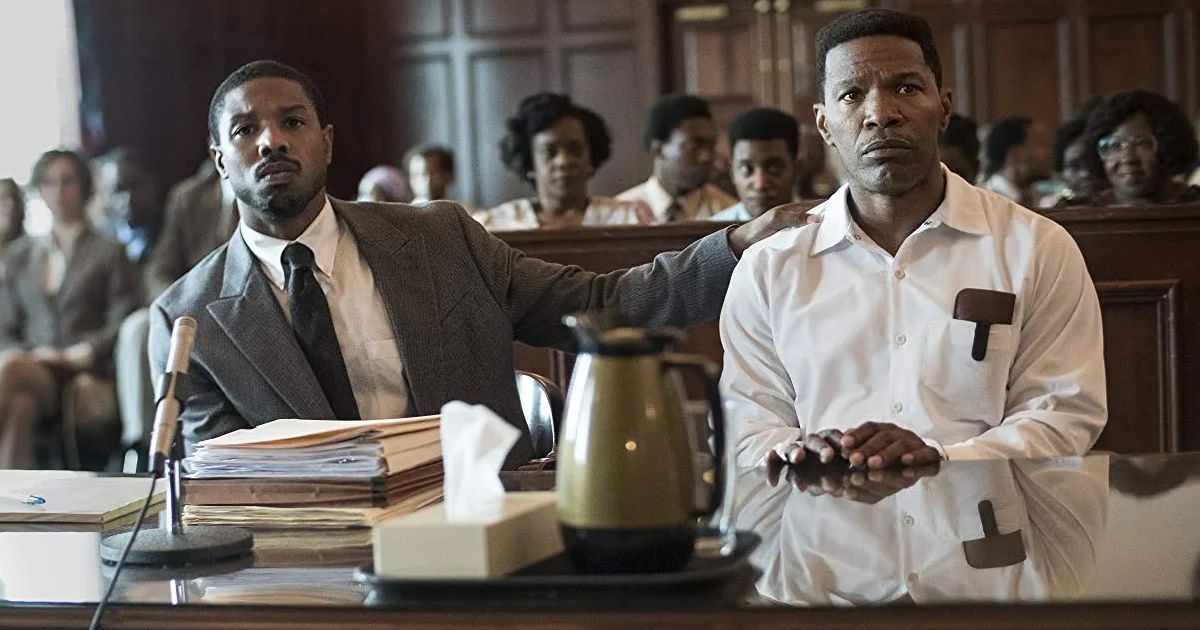
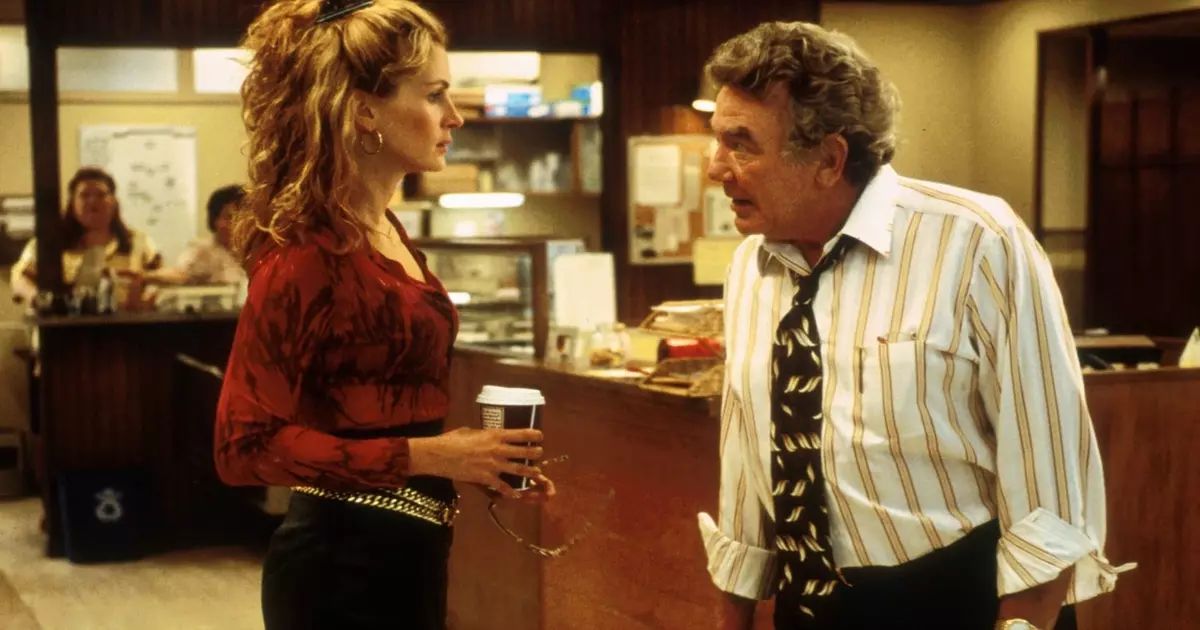
.jpg)
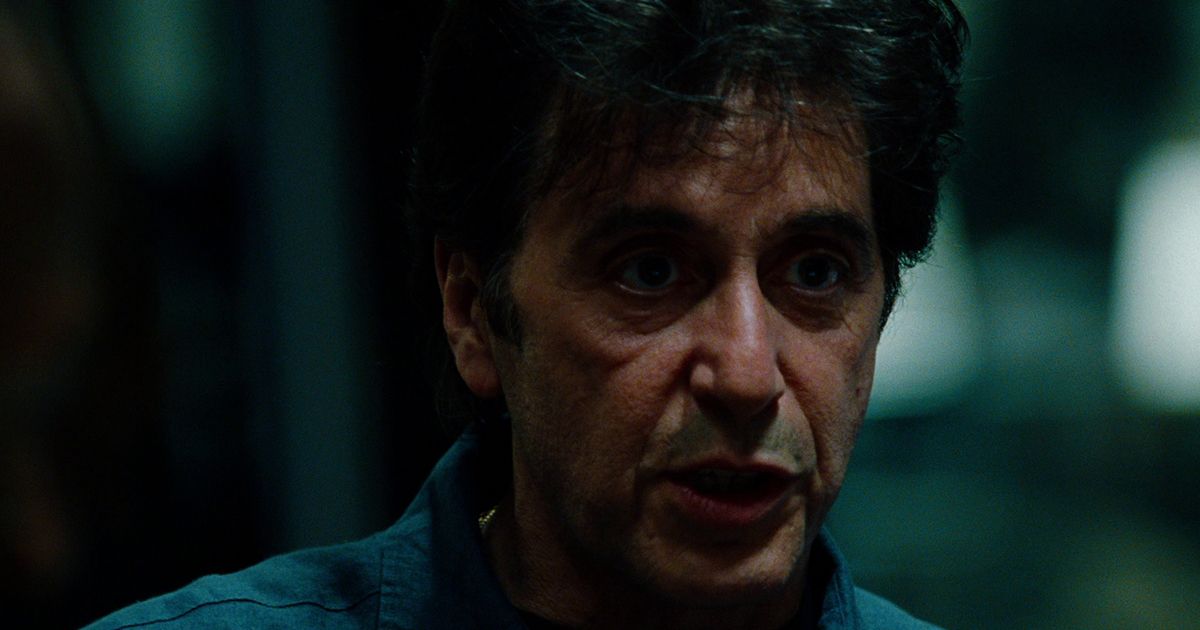

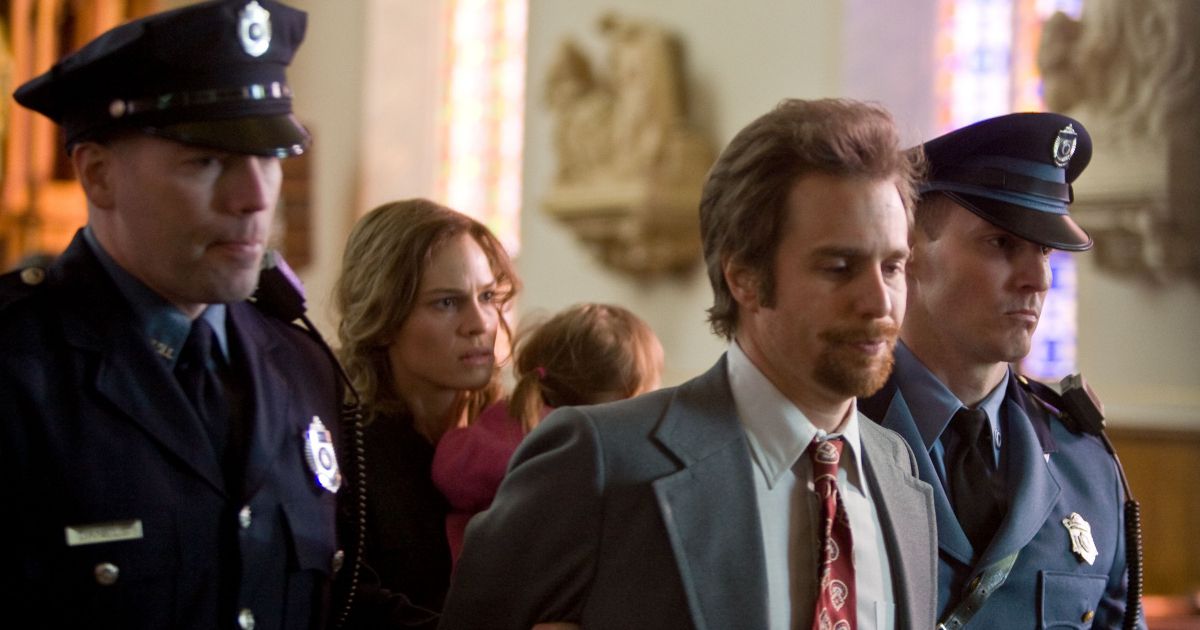
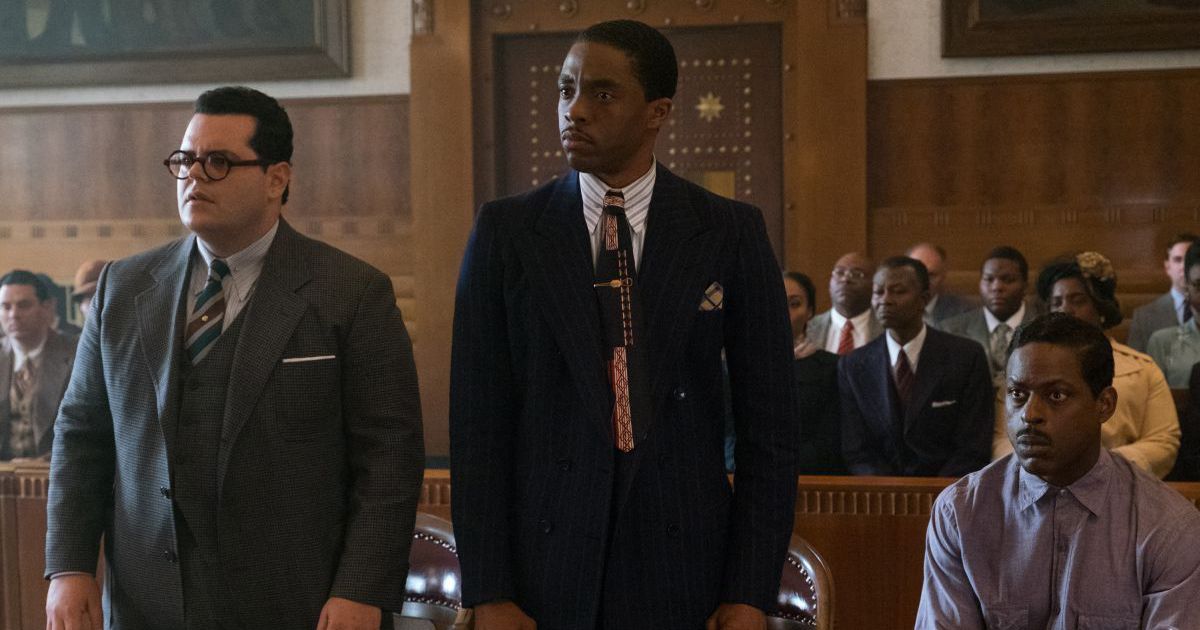
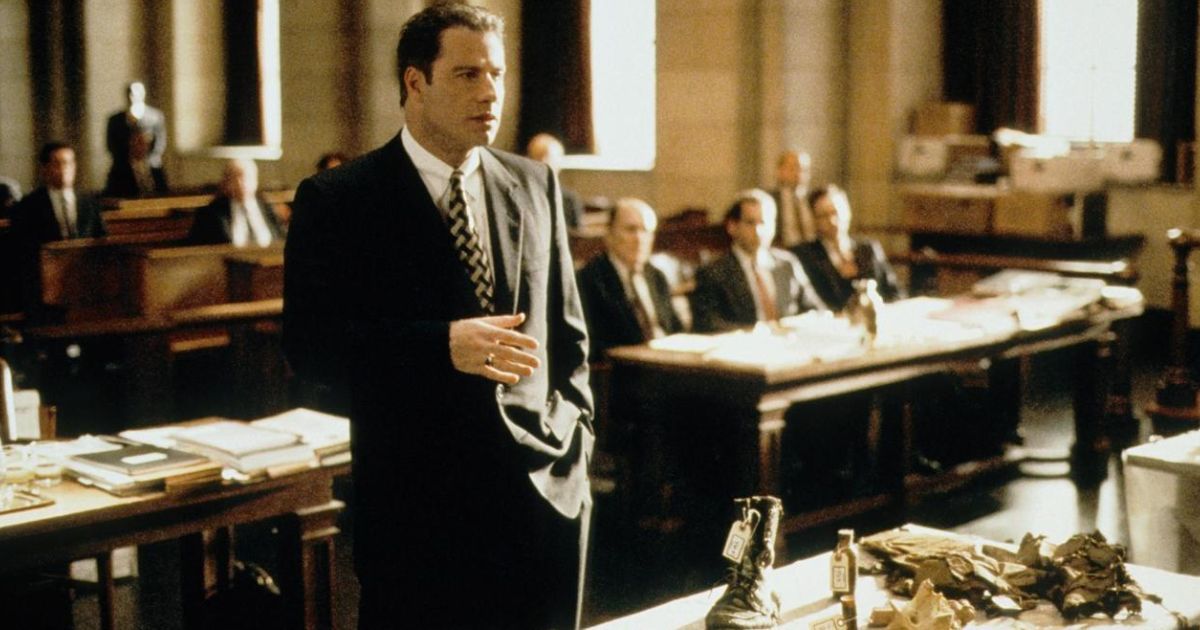
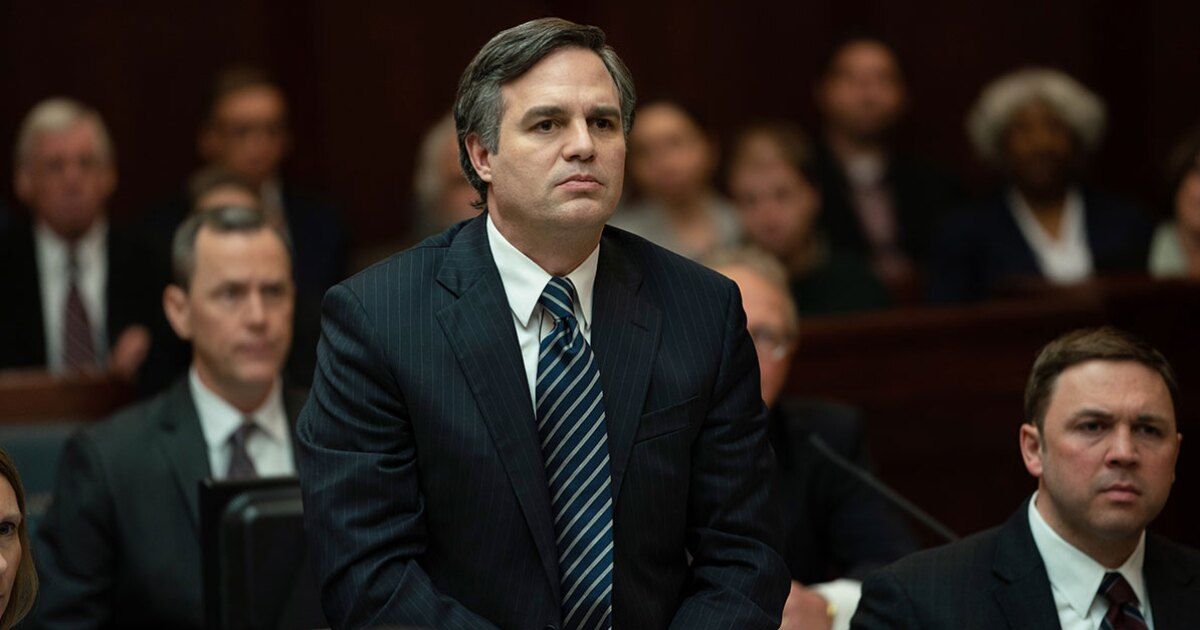
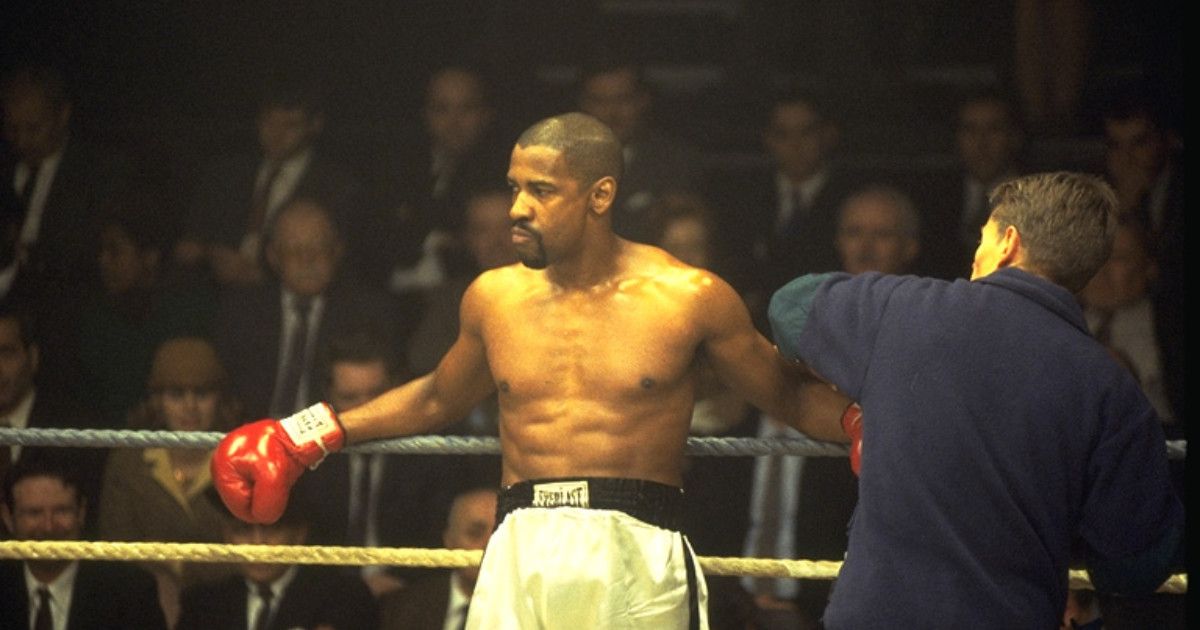

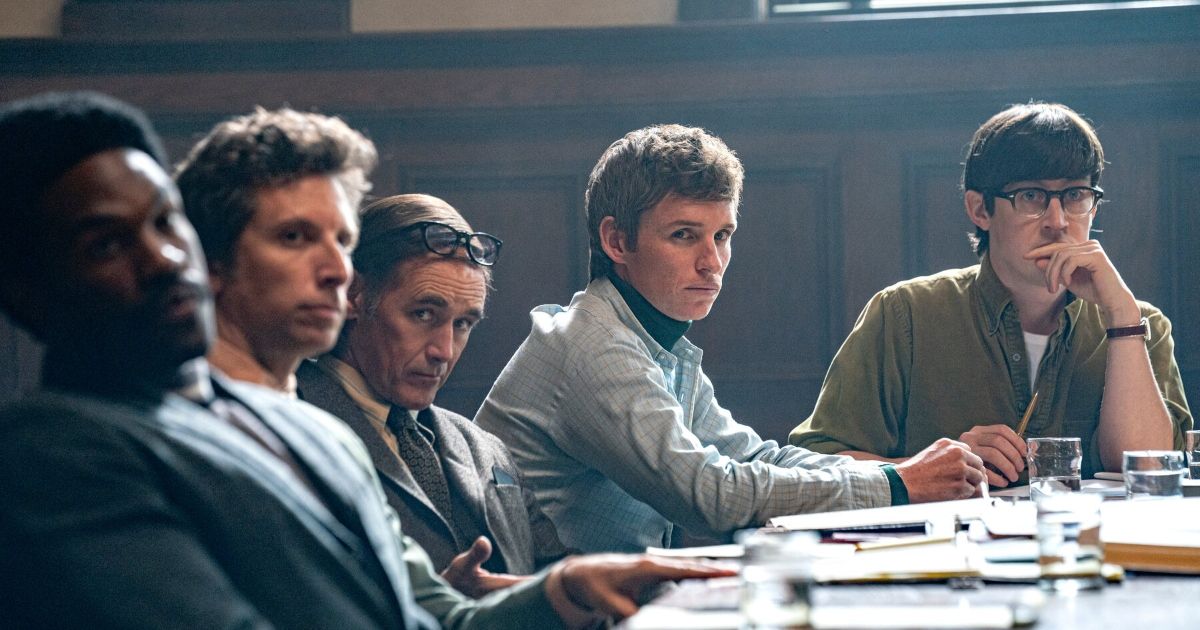
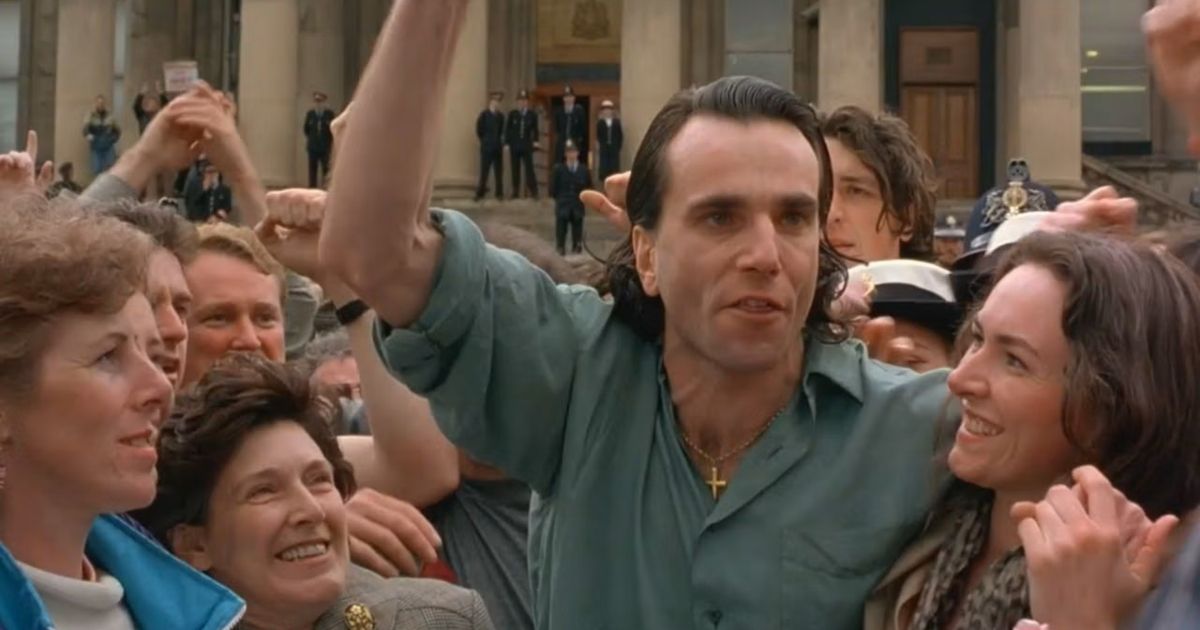
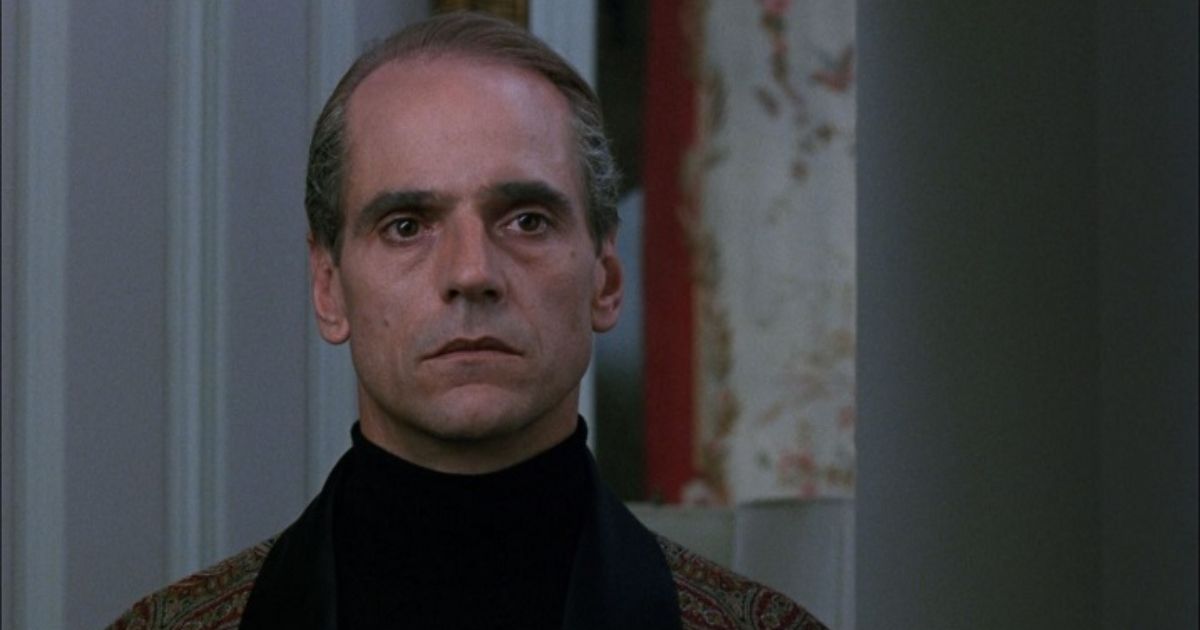
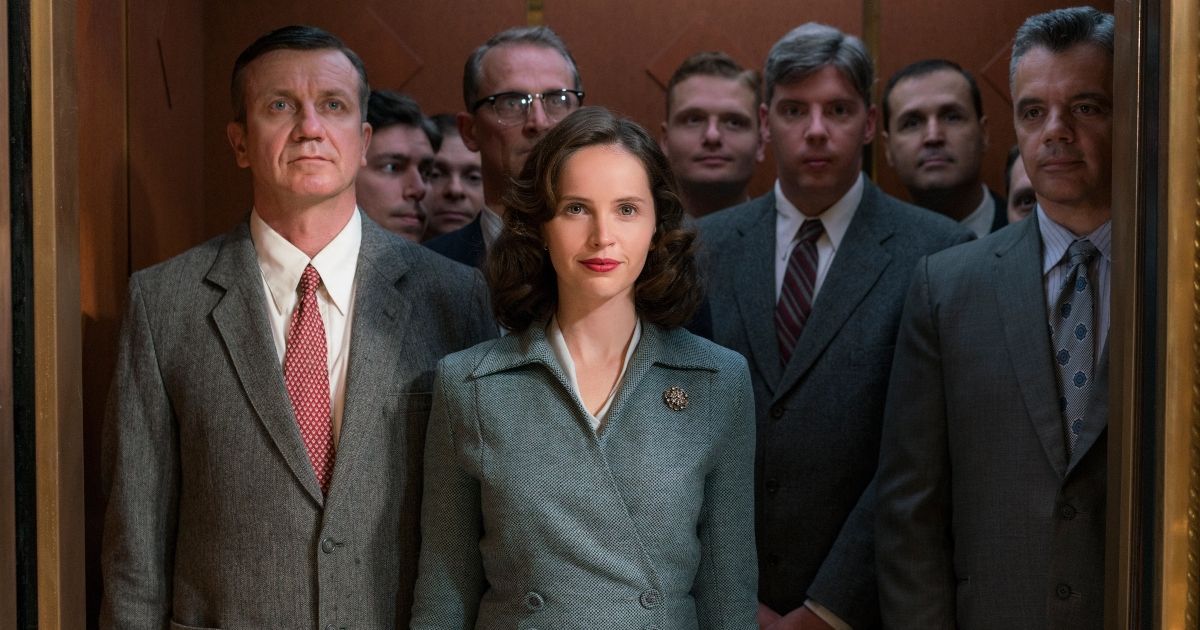
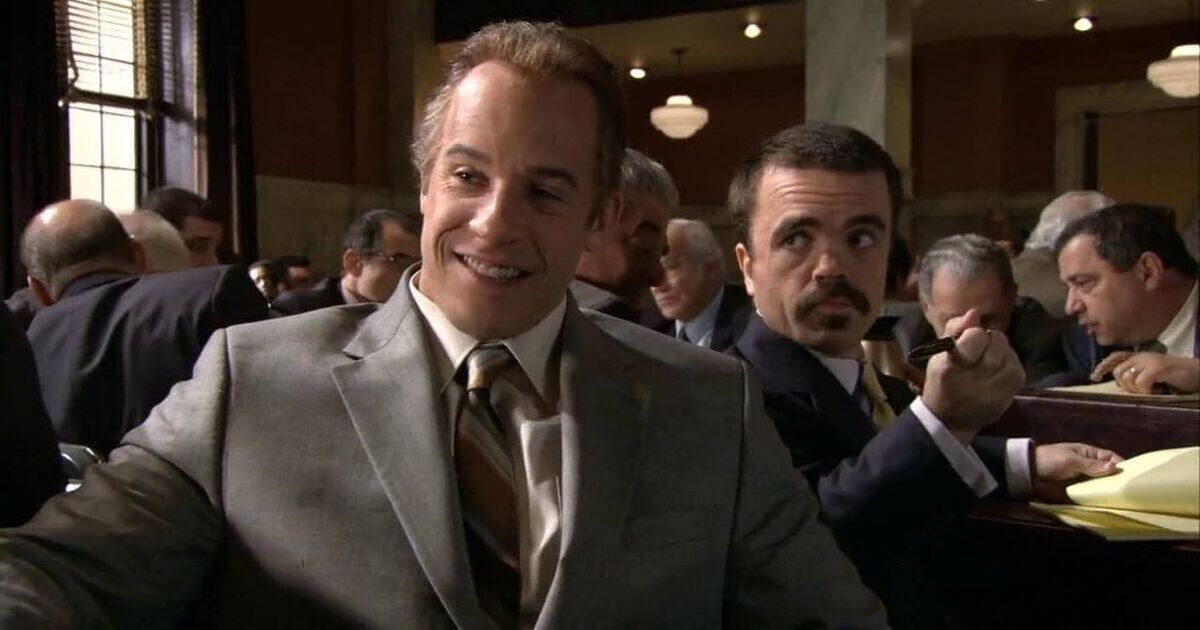
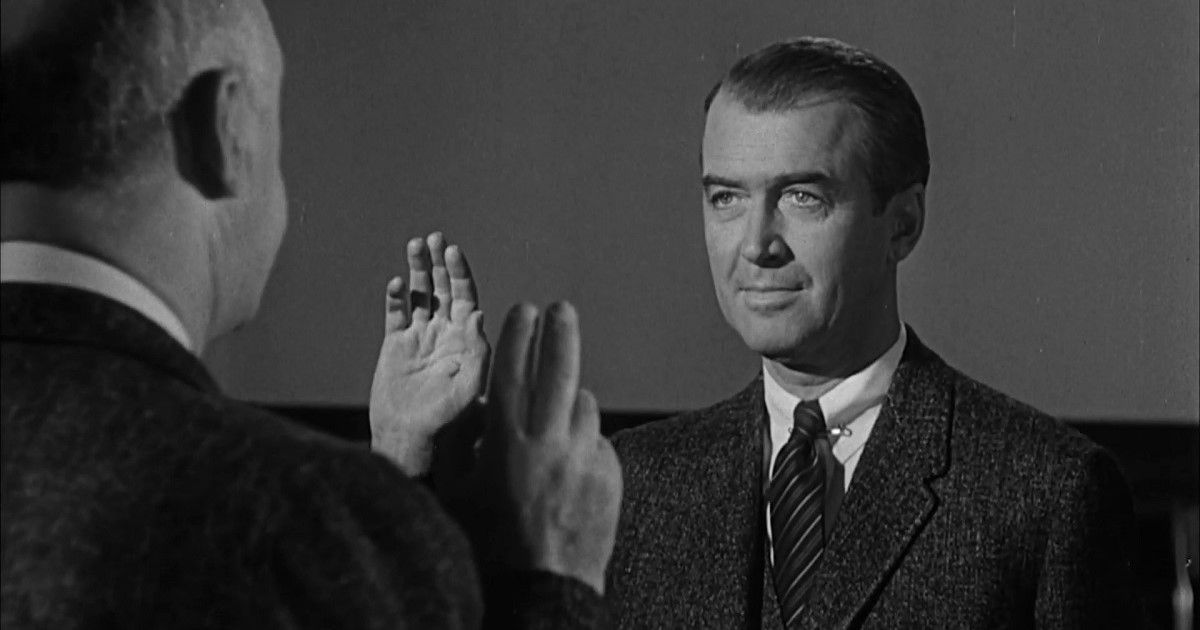

Comments
Post a Comment